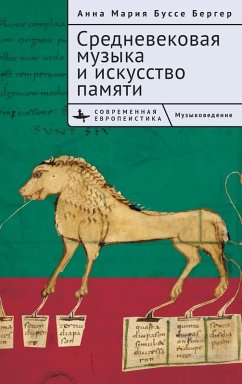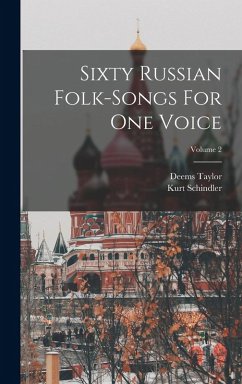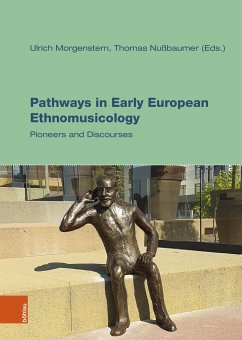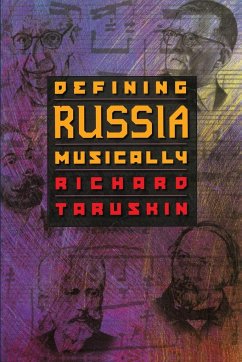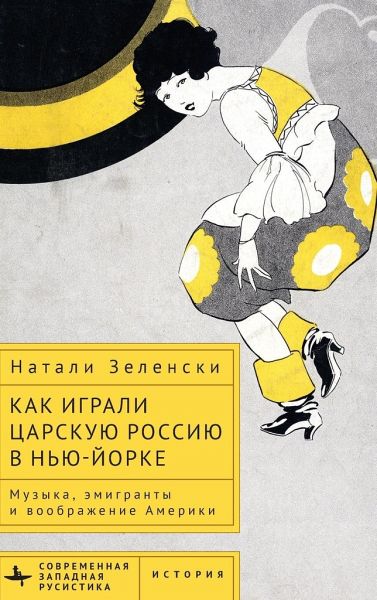
Performing Tsarist Russia in New York
Music, Émigrés, and the American Imagination
Versandkostenfrei!
Versandfertig in 1-2 Wochen
31,99 €
inkl. MwSt.

PAYBACK Punkte
16 °P sammeln!
Offering a rare look at the musical life of Russia Abroad as it unfolded in New York City, Natalie K. Zelensky examines the popular music culture of the post-Bolshevik Russian emigration and the impact made by this group on American culture and politics. By combining archival research with fieldwork and interviews with Russian emigres of various generations and emigration waves, this book presents a close historical and ethnographic examination of music's potential as an aesthetic, discursive, and social space through which diasporans can engage with an idea of a mythologized homeland, and, in...
Offering a rare look at the musical life of Russia Abroad as it unfolded in New York City, Natalie K. Zelensky examines the popular music culture of the post-Bolshevik Russian emigration and the impact made by this group on American culture and politics. By combining archival research with fieldwork and interviews with Russian emigres of various generations and emigration waves, this book presents a close historical and ethnographic examination of music's potential as an aesthetic, discursive, and social space through which diasporans can engage with an idea of a mythologized homeland, and, in turn, the vital role played by music in the organization, development, and reception of Russia Abroad, from the 1920s until the present day.





